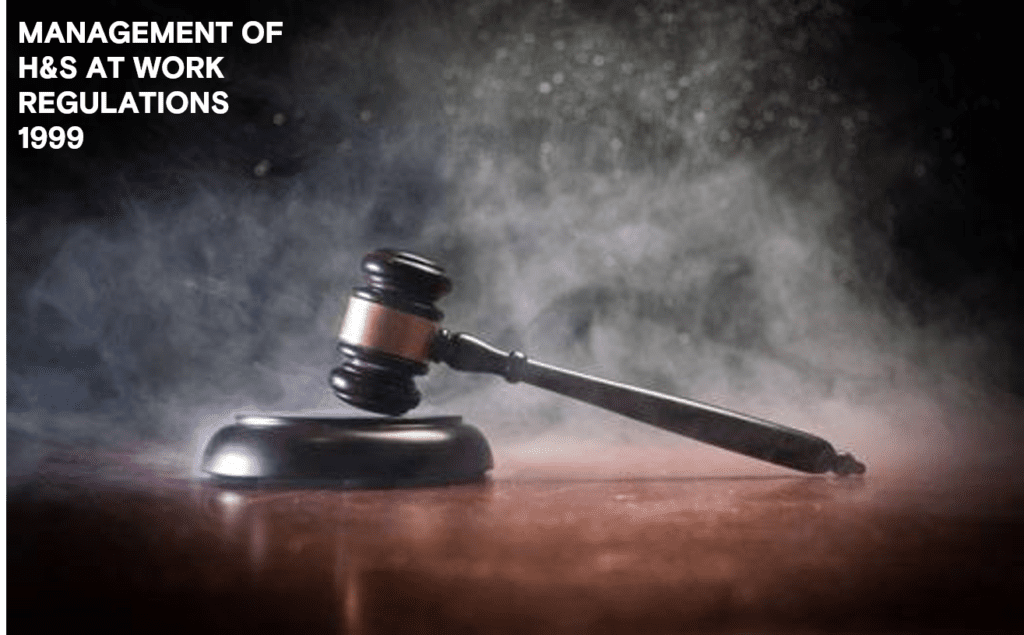Worker Protection Act 2023

The new law shifts the onus to preventing incidents rather than reprimanding past incidents. Employers are now accountable to “take reasonable steps to prevent sexual harassment of employees in the course of their employment”.
How to Comply With the Worker Protection Act




Have Clear & Accessible Policies
Develop a comprehensive anti-harassment policy that is widely communicated and understood across all levels of the organisation. The policy should clearly define harassment and sexual harassment, outline reporting procedures and detail consequences for violations.
Conduct Risk Assessments
A risk assessment relating to situations where harassment, sexual harassment and victimisation might occur must be conducted. Appropriate safeguards need to be implemented as a result of the findings such as training, reporting mechanisms and regularly reviewing policies and procedures.
Provide Training
Employees and managers should receive training on recognising, preventing and reporting sexual harassment. Training must be ongoing and part of a broader effort to create and maintain a safe and healthy workplace culture. It’s advisable to train managers on how to handle reports and their responsibilities when a report is made.
Establish Accessible Reporting Mechanisms
Provide multiple avenues for employees to report harassment such as an online reporting system, designated reporting officers or a confidential hotline.
Implement a Personal Safety Service
A personal safety app is a simple way for organisations to relieve the anxiety of harassment, improve peace of mind and protect employees 24/7 at scale.
With a personal safety service, like Peoplesafe, employees can raise an alarm if they feel unsafe and access emergency support round-the-clock from expertly trained alarm handlers.
All alarms and audio recordings are captured, securely stored and can be used as objective evidence during investigations into reports of harassment.
Get a Quote
Personal Safety Solutions
What Happens if You Don’t Comply?
If your organisation is found liable for a harassment claim, and it’s proven that “reasonable steps” were not taken to prevent the incident, the compensation awarded to the employee through employment tribunals could be raised by up to 25%.
Employers failing to meet the preventative duty can also trigger enforcement action from the EHRC (Equalities and Human Rights Commission) which could result in financial penalties and enforced compliance measures.
If businesses do not adhere to their legal obligations, the EHRC can take legal action which may involve costly court proceedings and further fines.







